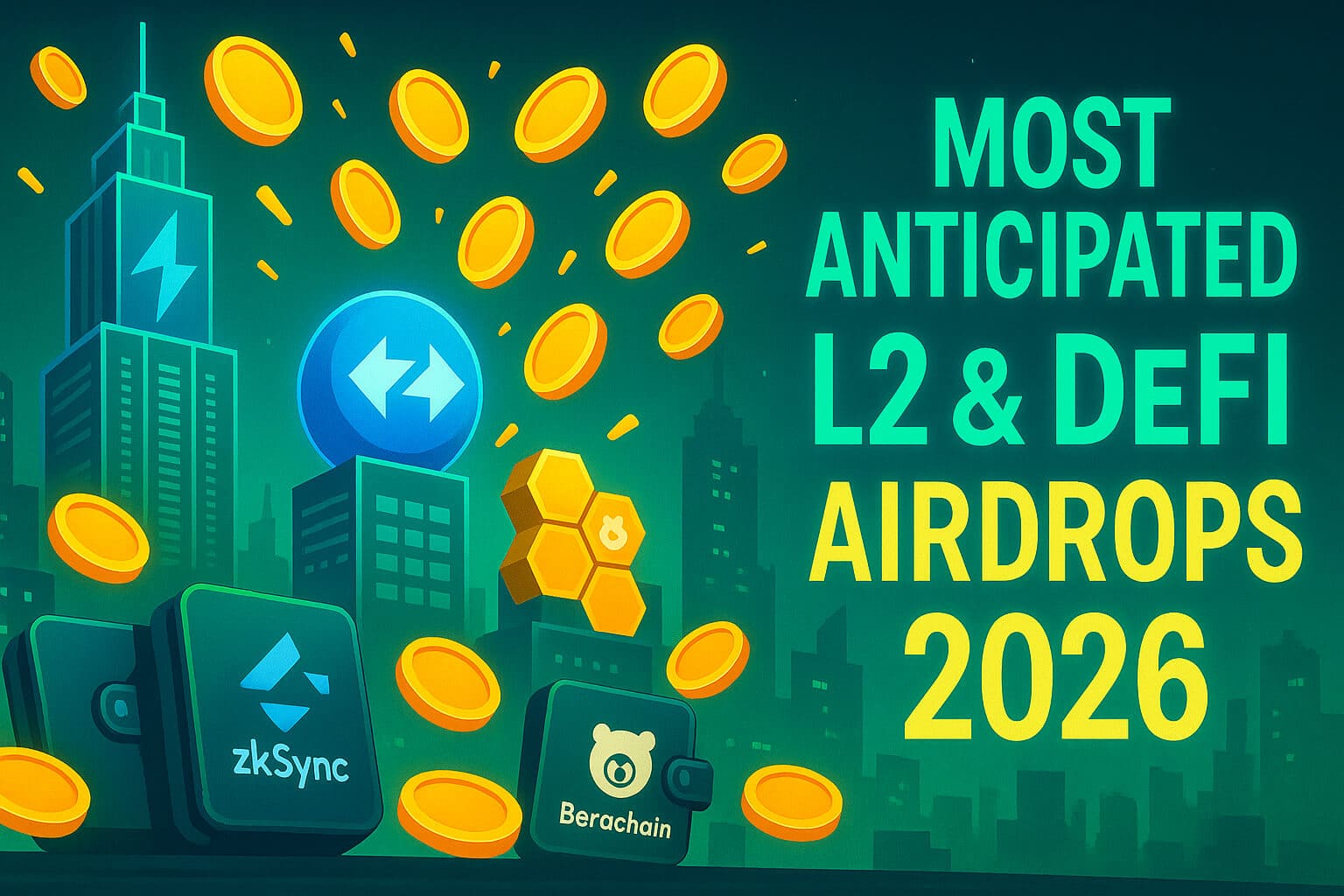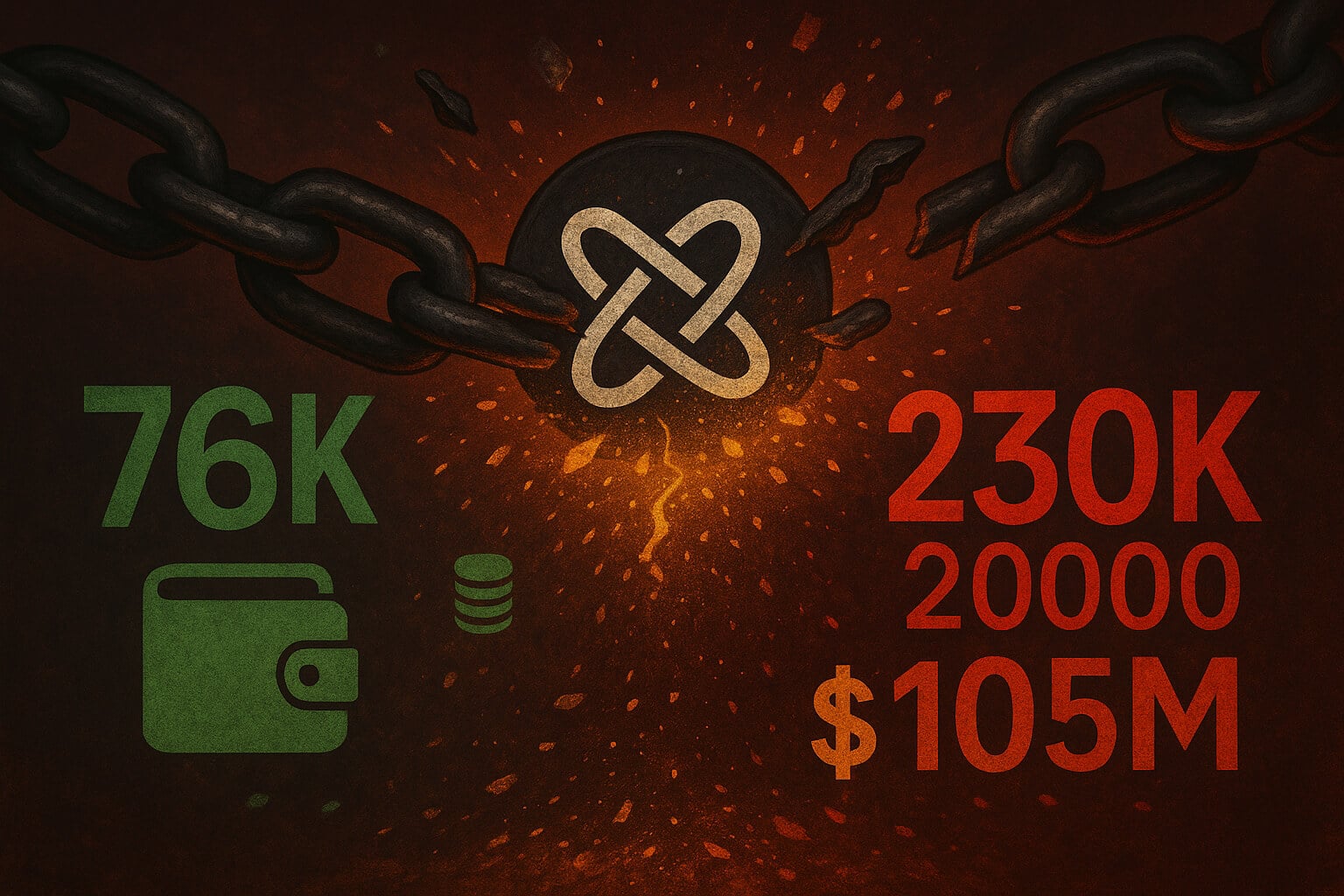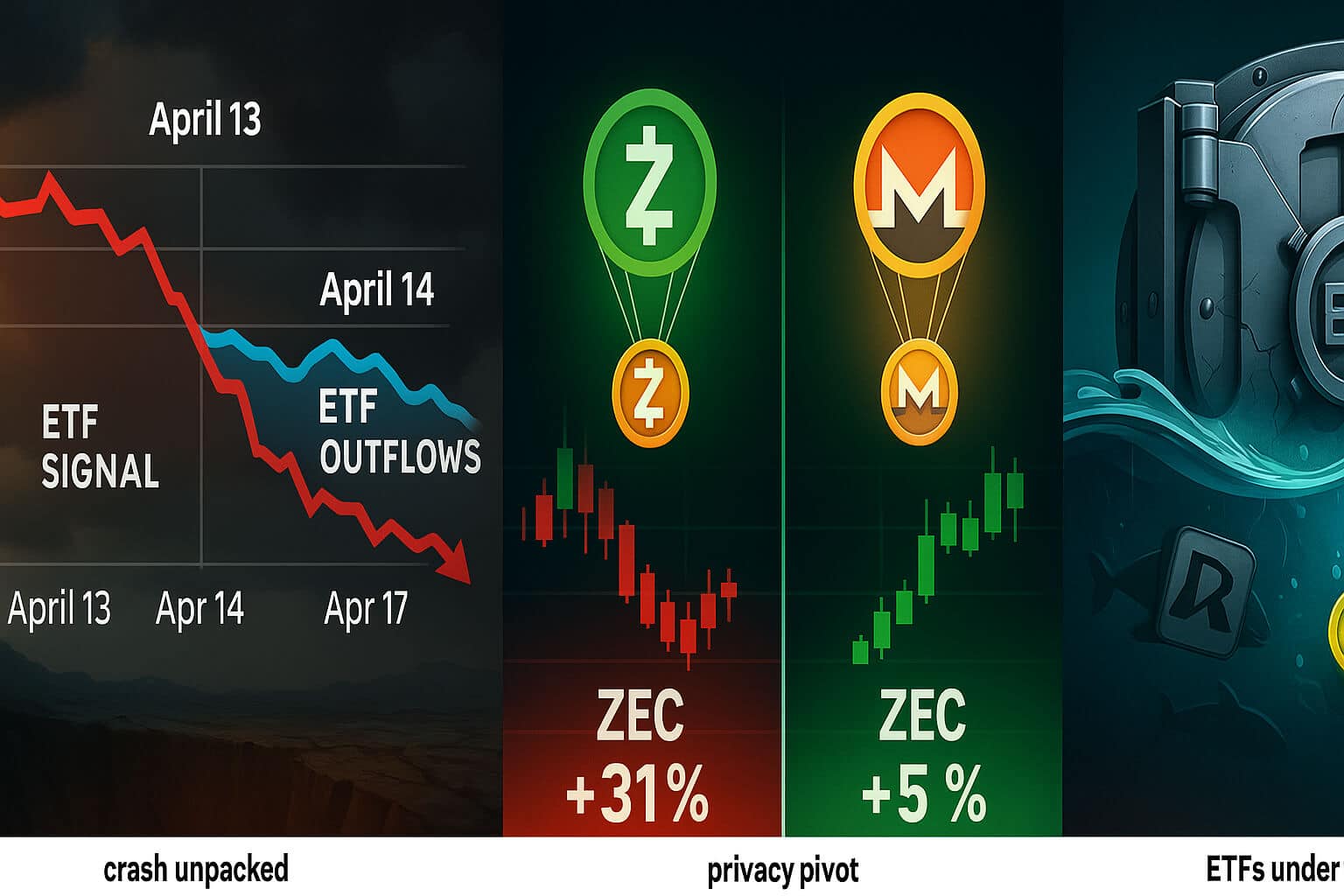1. Introduction: The Importance of Intellectual Property Protection
Intellectual property (IP) is the cornerstone of innovation in today’s global economy. Whether it’s a patented invention, a copyrighted piece of art, or a trademarked brand, IP rights allow creators and inventors to protect their work and benefit financially. However, traditional IP protection methods face significant challenges. These include the risk of infringement, counterfeiting, and managing IP rights across multiple jurisdictions. Blockchain technology, with its decentralized and immutable nature, offers a promising solution. It has the potential to revolutionize how intellectual property is protected and managed.
Why Blockchain Matters for Intellectual Property:
Blockchain technology provides a secure, transparent, and tamper-proof platform for managing and protecting intellectual property. It addresses many of the challenges associated with traditional IP systems.
2. How Blockchain Technology Transforms Intellectual Property Protection
2.1 Immutable Record of Ownership and Creation
Blockchain technology offers an immutable record of ownership and creation, which is crucial for intellectual property. By recording the details of an IP asset—such as the creator’s identity, the date of creation, and the specific characteristics of the work—on a blockchain, creators can establish a verifiable and tamper-proof record of their IP rights. This ledger helps prevent disputes over ownership and ensures that the original creator can prove their rights at any point in the future.
- Key Benefits:
- Tamper-Proof Records: Blockchain’s immutable nature ensures that records of IP ownership and creation cannot be altered or falsified.
- Verifiable Proof: Creators can use blockchain records to provide undeniable proof of their rights, which is especially useful in legal disputes.
- Transparency: All transactions and changes to the IP asset are recorded on the blockchain, providing a transparent history of the asset’s ownership and use.
2.2 Enhanced Protection Against Counterfeiting and Infringement
Counterfeiting and infringement are significant challenges in the world of intellectual property. Blockchain technology can combat these issues by providing a secure and transparent method for verifying the authenticity of IP assets. For instance, a blockchain-based system could track the entire lifecycle of a product, from its creation to its distribution. This ensures that only authorized versions of the product reach the market. Consumers and businesses can verify the authenticity of the product by scanning a QR code or other identifier linked to the blockchain.
- Key Benefits:
- Authentication: Blockchain allows for the creation of digital certificates of authenticity, which can be verified by anyone with access to the blockchain.
- Supply Chain Transparency: Blockchain provides a transparent view of the product’s journey through the supply chain, making it easier to detect and prevent counterfeiting.
- Infringement Prevention: By ensuring that only authorized parties can access and use the IP asset, blockchain helps to prevent unauthorized use and infringement.
2.3 Simplified IP Rights Management Across Borders

Managing intellectual property rights across multiple jurisdictions is a complex process. Different countries have different laws and regulations regarding IP protection. This makes it challenging for creators to enforce their rights globally. Blockchain technology simplifies this process by providing a unified, global platform for managing IP rights. With blockchain, creators can register their IP assets on a decentralized ledger accessible from anywhere in the world. This streamlines the process of enforcing their rights across borders.
- Key Benefits:
- Global Accessibility: Blockchain provides a unified platform for managing IP rights globally, making it easier to enforce rights across borders.
- Streamlined Process: The decentralized nature of blockchain simplifies the process of registering and managing IP assets in multiple jurisdictions.
- Legal Compliance: Blockchain can integrate with smart contracts that automatically enforce IP agreements according to the laws of different jurisdictions.
2.4 Smart Contracts for Automated IP Transactions
Smart contracts—self-executing contracts with the terms of the agreement directly written into code—can revolutionize IP transactions. For example, a creator could use a smart contract to automatically license their work to a third party, with payment released only when the contract’s conditions are met. Smart contracts eliminate the need for intermediaries, reduce the risk of disputes, and ensure that IP transactions are conducted quickly and efficiently.
- Key Benefits:
- Automation: Smart contracts automate the process of licensing and transferring IP rights, reducing the need for intermediaries.
- Efficiency: By automating IP transactions, smart contracts speed up the process and reduce the risk of disputes.
- Cost Reduction: Smart contracts reduce transaction costs by eliminating intermediaries and streamlining the process.
3. Challenges and Considerations for Blockchain in Intellectual Property
3.1 Regulatory and Legal Challenges
While blockchain offers significant benefits for intellectual property protection, it also presents challenges, particularly in regulation and legal compliance. Intellectual property laws vary widely between jurisdictions, and the use of blockchain for IP protection may not always align with existing legal frameworks. Additionally, the decentralized nature of blockchain can create legal uncertainties, particularly when it comes to enforcing IP rights.
- Key Challenges:
- Regulatory Compliance: Ensuring that blockchain-based IP systems comply with the laws of different jurisdictions can be complex and time-consuming.
- Legal Uncertainty: The decentralized nature of blockchain can create legal uncertainties, particularly when it comes to enforcing IP rights.
- Jurisdictional Issues: Determining which jurisdiction’s laws apply to a blockchain-based IP asset can be challenging, particularly in cross-border transactions.
3.2 Adoption and Awareness
Despite its potential, the adoption of blockchain technology for intellectual property protection is still in its early stages. Many creators, businesses, and legal professionals are unfamiliar with the technology and may hesitate to adopt it. Raising awareness about the benefits of blockchain for IP protection, as well as providing education and training, is crucial for driving adoption.
- Key Challenges:
- Lack of Awareness: Many potential users are unaware of the benefits of blockchain for IP protection and may hesitate to adopt the technology.
- Education and Training: Providing education and training is essential to help individuals and organizations understand and adopt blockchain for IP protection.
- Early-Stage Adoption: As with any emerging technology, the adoption of blockchain for IP protection is still in its early stages, and widespread adoption will take time.
3.3 Technological and Security Concerns
While blockchain is inherently secure, it is not immune to technological and security concerns. For example, the risk of a 51% attack—where a single entity gains control of the majority of the blockchain network—remains a concern. Additionally, the integration of blockchain with existing IP systems may require significant technological investment and expertise.
- Key Challenges:
- : While blockchain is secure, it is not immune to security risks, such as 51% attacks and hacking.
- Technological Integration: Integrating blockchain with existing IP systems may require significant investment and expertise.
- Scalability: As the use of blockchain for IP protection grows, ensuring that the technology can scale to meet demand will be a critical challenge.
4. The Future of Blockchain in Intellectual Property
4.1 Widespread Adoption and Industry Support
As awareness of blockchain’s potential for intellectual property protection grows, we can expect to see greater adoption and support from the industry. Major technology companies, legal firms, and IP organizations are already exploring the use of blockchain for IP protection. As more organizations recognize the benefits of blockchain for IP, we can expect to see the development of industry standards and best practices, which will drive further adoption.
- Key Trends:
- Industry Collaboration: Partnerships between technology companies, legal firms, and IP organizations will drive the adoption of blockchain for IP protection.
- Standardization: The development of industry standards and best practices will be crucial for driving adoption and ensuring the success of blockchain-based IP systems.
- Widespread Adoption: As more organizations recognize the benefits of blockchain for IP protection, we can expect to see widespread adoption across the industry.
4.2 Integration with Emerging Technologies
The potential of blockchain for intellectual property protection will be further amplified by its integration with other emerging technologies, such as artificial intelligence (AI), the Internet of Things (IoT), and big data analytics. These technologies can enhance the security, functionality, and user experience of blockchain-based IP systems, making them more robust and accessible.
- Key Trends:
- AI Integration: AI can enhance the security and functionality of blockchain-based IP systems by automating IP management and enforcement.
- IoT Integration: IoT devices can provide real-time data on IP assets, which can be recorded and verified on the blockchain.
- Big Data Analytics: Big data analytics can analyze blockchain data, providing insights into IP trends and helping to prevent infringement.
Conclusion: Blockchain as the Future of Intellectual Property Protection
Blockchain technology has the potential to revolutionize the way intellectual property is protected and managed, offering enhanced security, transparency, and efficiency. While challenges such as regulatory compliance, adoption, and technological concerns remain, the benefits of blockchain for IP protection are too significant to ignore. As the technology matures and gains wider support, blockchain could become the standard for IP protection, safeguarding the rights of creators and inventors in the digital age.
For more insights and detailed analysis on how blockchain is transforming intellectual property, explore our Blockchain and IP Protection section.
Stay Updated
For the latest updates on blockchain’s impact on intellectual property, follow us on:
Stay informed with the latest strategies and insights in the world of blockchain at FreeCoins24.io.
Special Offer
Looking to explore blockchain solutions for intellectual property protection? Sign up on Bybit today and take advantage of up to $30,000 in deposit bonuses. Start securing your intellectual property with blockchain technology.

















